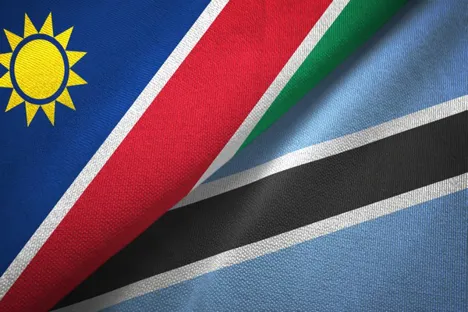Efforts to Boost Local Production Affect Regional Trade Dynamics
Botswana and Namibia, members of the Southern African Customs Union (SACU), have extended their ban on South African vegetables in an effort to stimulate local production and decrease reliance on imports. This ban, which includes various vegetables such as tomatoes, carrots, and onions, underscores a strategic move by both countries to bolster their agricultural sectors.
Despite the SACU agreement’s emphasis on promoting free trade, it allows for such restrictions under certain conditions, including national security, a provision that Botswana and Namibia might invoke. This development significantly impacts South African farmers, who have traditionally been key suppliers to these neighboring markets.
The ban’s extension, announced by Botswana in December 2023 for an additional two years, has prompted concerns among South African stakeholders. South Africa’s response aims to respect Botswana and Namibia’s goals while safeguarding its agricultural interests. Considering that southern Africa represents a crucial market for South African agricultural exports, achieving a balanced resolution is imperative. Potential solutions include negotiating specific periods for market access that coincide with local production gaps in Botswana and Namibia, ensuring food security and affordability while promoting the domestic agricultural sectors of all involved countries.































